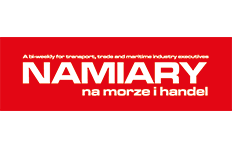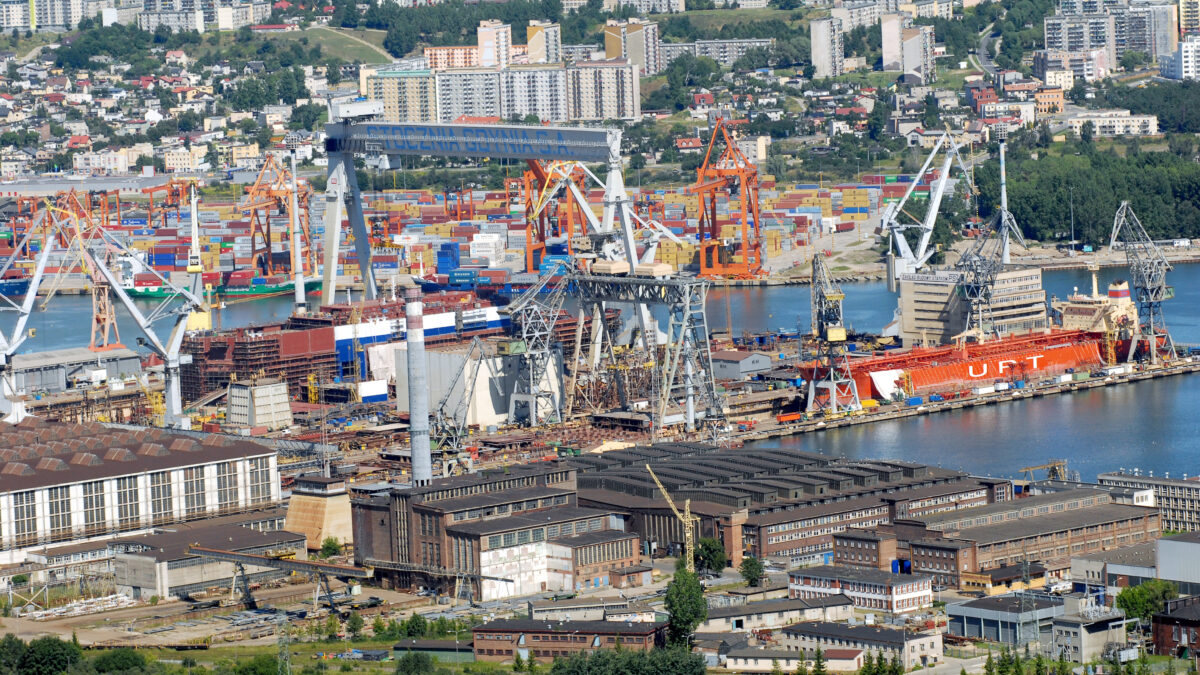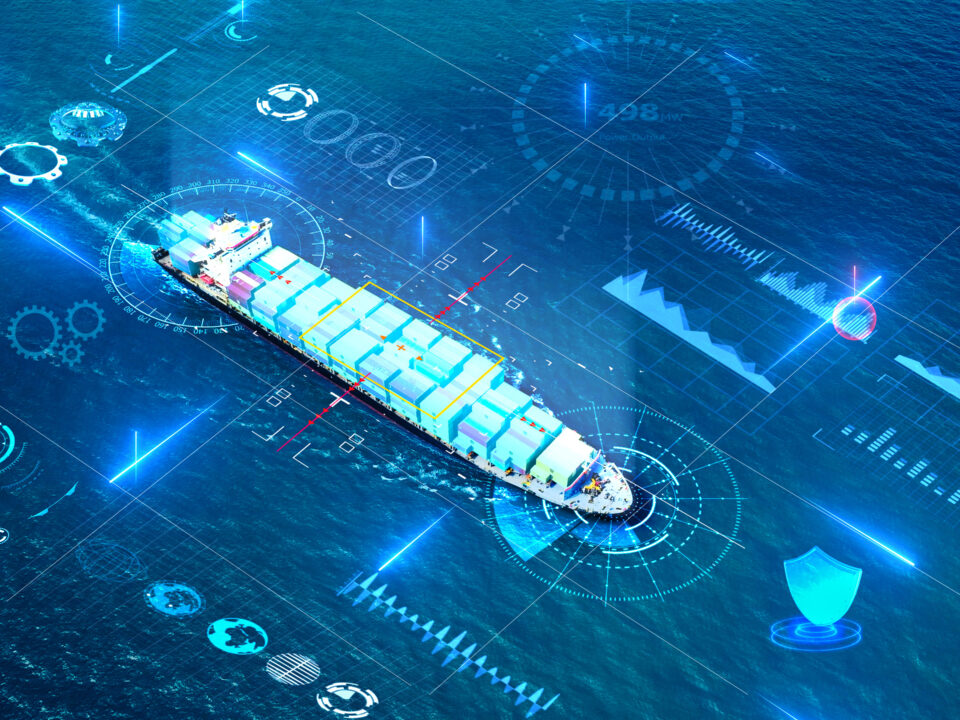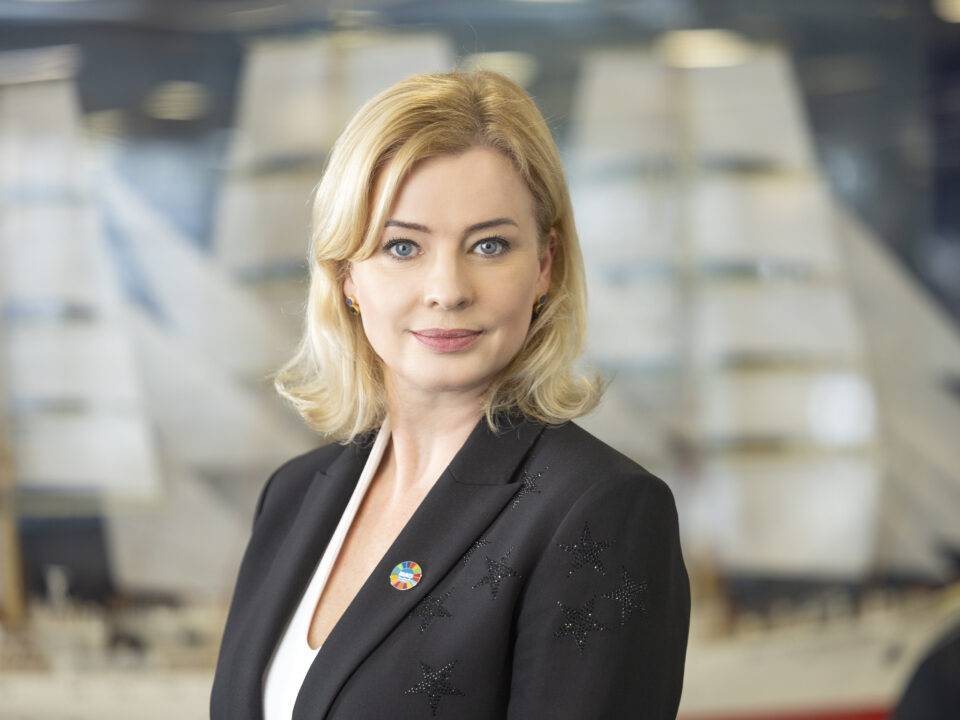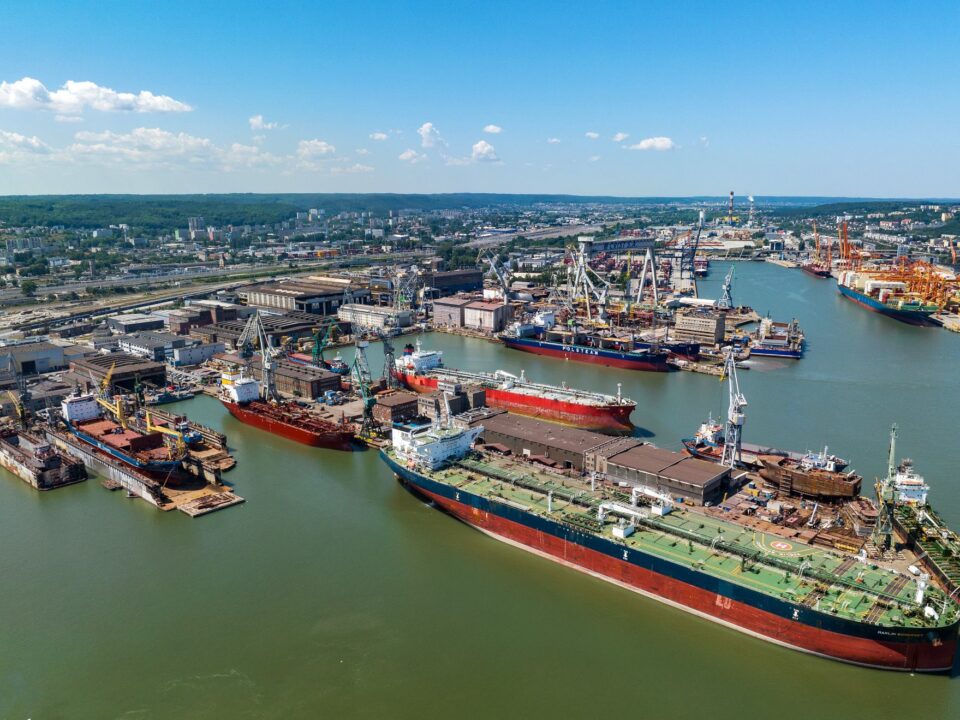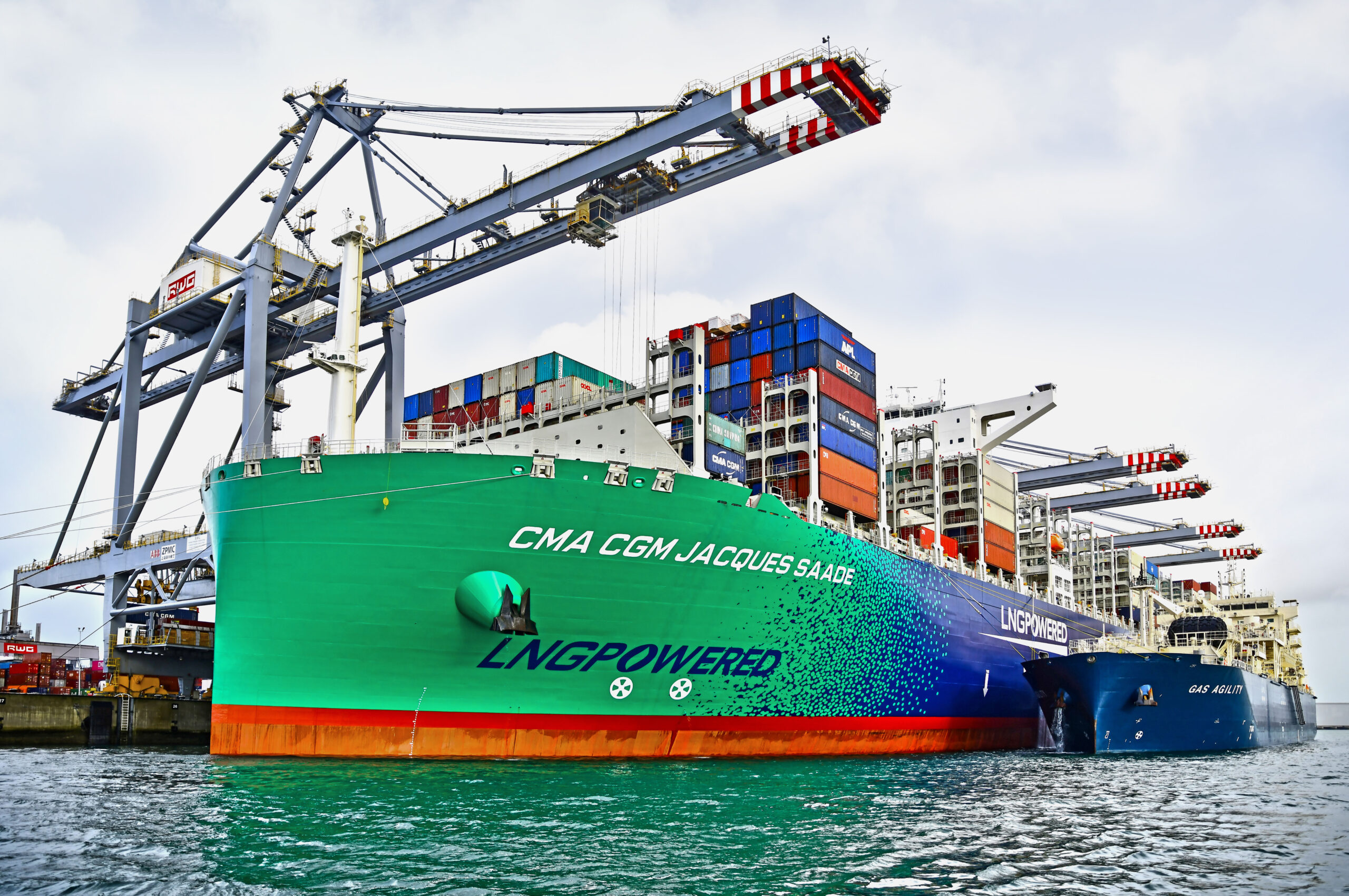
Decarbonization full of challenges
5 September 2022
Offshore wind under SAO’s scrutiny
19 September 2022A shortage of professionals in the shipping industry is definitely beginning to be observed. In the last 30 years, vocational education that trains professionals for our industry has been drastically reduced. This has resulted in a stifling of the flow of middle-level technical and production personnel into the industry, becoming a de facto barrier to development for our industry, now resorting to foreign workers.
Sadly, there are fears that the same situation will appear with higher education. The phenomena taking place at the Gdańsk University of Technology, which is the main center for the training of personnel for our industry, are of great concern to the shipbuilding community. Narrowing the enrollment limits for shipbuilding studies and the declining supply of educated personnel to the industry and design offices will spawn negative consequences for the shipbuilding industry in our region in the coming years if we do not take radical remedial steps now.
Education has been badly neglected over the past 30 years. The shipbuilding industry in the Pomeranian Voivodeship is an absolute export leader, one of the key economic areas of our region, and in order to develop it further there is an urgent need to rebuild education for its needs at all levels.
The shipbuilding industry in Poland is facing big challenges, especially the coming technological revolution related to the decarbonization of shipping. Much of the world’s existing fleet will have to be modernized to reduce its carbon footprint. This is a specialty of our ship repair yards, which is a key part of the Polish shipbuilding industry. Our region is home to the largest ship repair yard in Europe, as well as other ones that are smaller but equally competent. Other challenges include investments in the country’s defense, including the implementation of the “Miecznik” program and the construction of 3 more Kormoran II class mine destroyers for the Polish Navy, and the largest ever program to build a series of ferries for a Polish shipowner in Polish shipyards.
Design offices and service companies for ship mechanisms and equipment are developing dynamically in Poland. The Tri-City has become a kind of “silicon valley”, hosting about 40 design offices with a total headcount of circa 3000 designers. Branches of global giants are being opened and expanded.
Finally, a major investment process in offshore wind energy is ahead – not only in Poland, but also in Europe. The fleet for the construction of wind farms and their operation simply does not exist and needs to be built, which, in my opinion, has been overseen by many investors, meaning that we are going to have loads of things happening in this field soon. The pandemic is over and a revival is beginning in the cruise ship market, in the production of which Polish companies have been an important partner. On top of that, there is a generational change associated with retirements. All this requires a steady supply of a large number of highly skilled professionals, and this has unfortunately been stunted.
Bringing in workers from outside Poland does not solve the problem, or to be more precise, it solves it partially, and this applies rather to lower-skilled professions that require short courses or simple apprenticeship to the specifics of shipbuilding, such as: painters, sandblasters, fitters, welders, locksmiths for simple outfitting and carpentry work.
However, when it comes to specialized professions requiring deeper knowledge, such as ship mechanics, specialists in electrical systems and all ship electronics, navigation, hydraulic and pneumatic systems, automation specialists, the whole range of specialists needed to build or rebuild a very complex product such as a ship – here the education system needs to be rebuilt.
30 years ago, vocational schools and technical schools training for the shipbuilding industry brought in a large number of trained professionals every year.The education system there was adapted to the needs of the structure of the shipbuilding industry at the time, which has undergone major changes over the past 30 years. Not only has the type of production and services changed, but the industry has significantly modernized and its productivity increased. There has been a demand for professionals for which there was previously much less demand – for example, for the construction of technically complex vessels, but also for the construction of yachts, a field in which Poland has become a potentate in recent years.The demand for professionals in particular specialized groups has certainly changed, and rebuilding education for the needs of our industry must factor this in.
Article developed with Namiary na Morze i Handel magazine
phot. Namiary na Morze i Handel magazine
